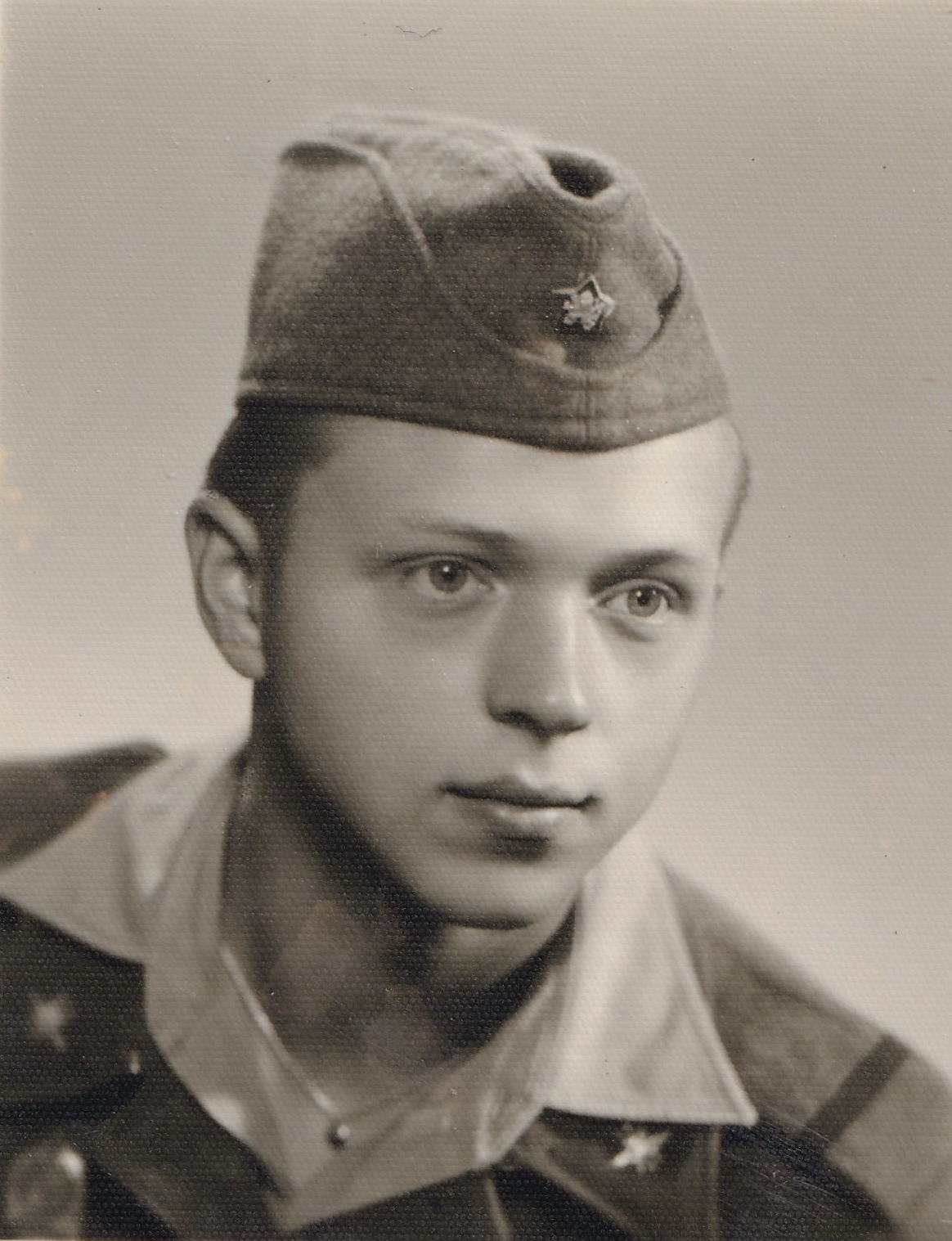Military counterintelligence forced him to denounce people, so he went to uranium instead

Download image
Milan Pavlů was born on 14 October 1939 in Světlá pod Ještědem-Hodky in the Český Dub region into a Sokol family. In September 1945, he started attending the local school and after finishing the school he entered the secondary technical school in Liberec in 1953. After graduating from secondary school in 1958, despite his poor cadre profile, he got a job at the military Automobile Repair Plant in Český Dub, where he spent his first years working on the development of the GAZ military jeep. In 1961, he started his basic military service with the air defence in Moravia in Záříčí near Chropyně, where he operated radars for the regions of Slovakia and Austria. After returning from the war he got married in 1962 and returned to his previous job. In 1968, he participated in the organization of the Two Thousand Words signature campaign and collected signatures from almost the entire company, including the chiefs. After the invasion of the Warsaw Pact troops, he had to undergo several interrogations and two interviews at the ministry in order to be able to stay in his job. In 1977, the Military Counterintelligence Service tried to get him to cooperate, which ended in a change of employment. In 1978 he went to Stráž nad Nisou, where he was involved in uranium mining, first in the drilling and later as a member of the technical development. He worked at the company until 1997, when he retired. In 2023 he was living in Světlá pod Ještědem. The story of the witness could be recorded thanks to the support from the municipality of Světlá pod Ještědem.













